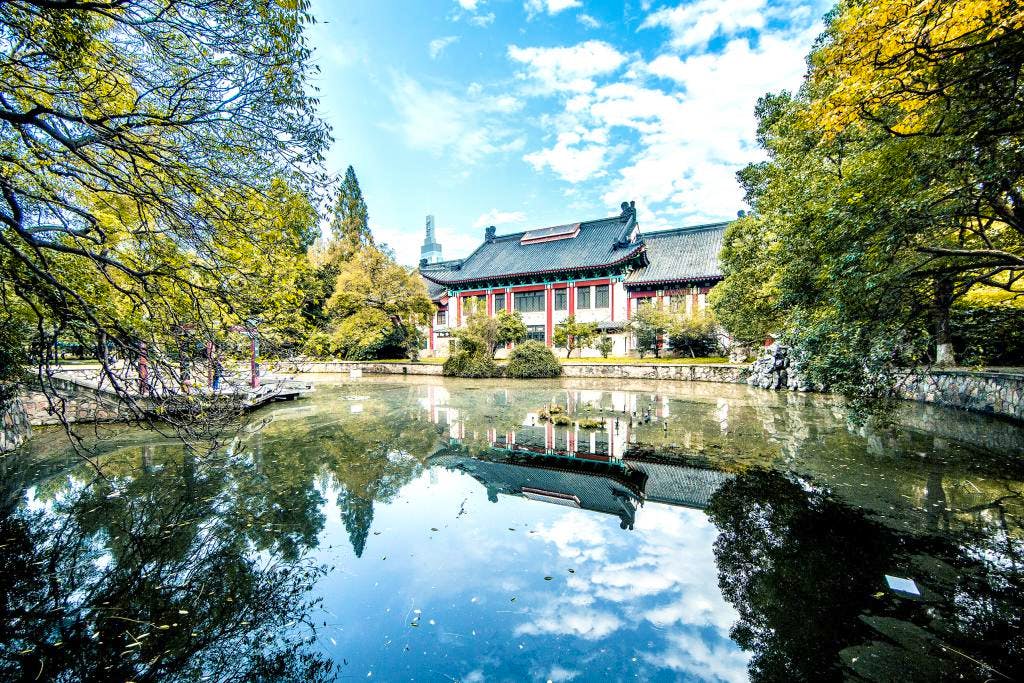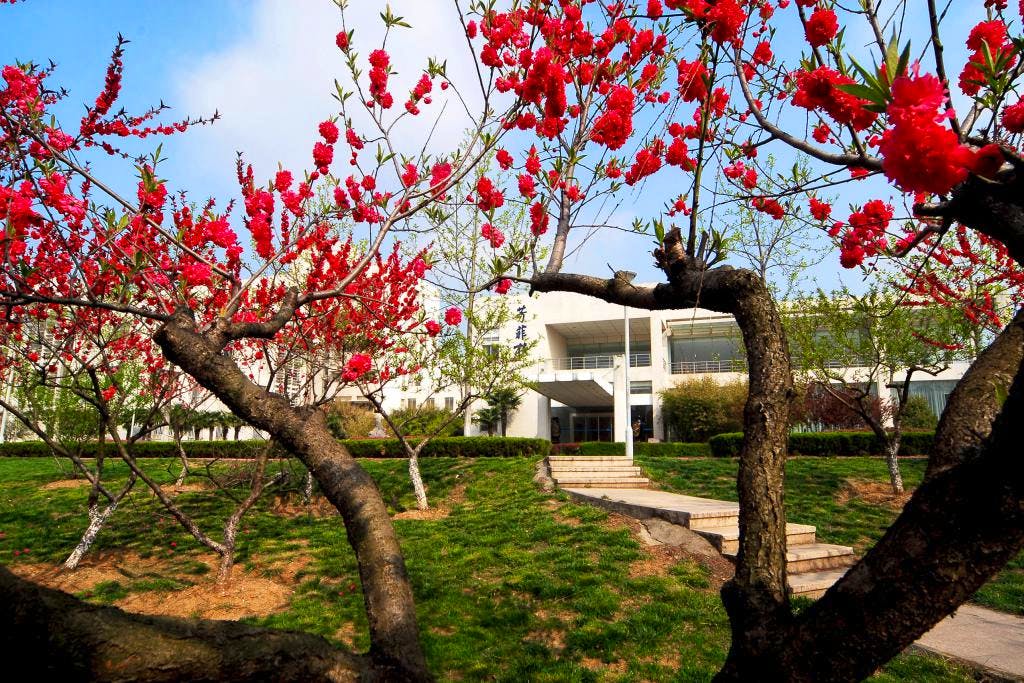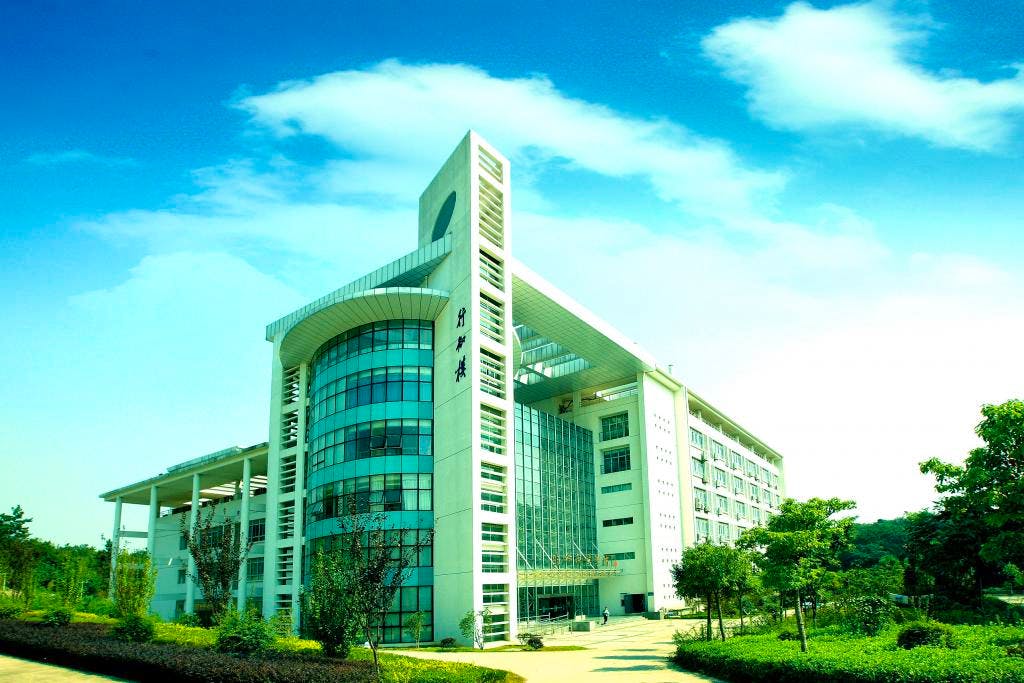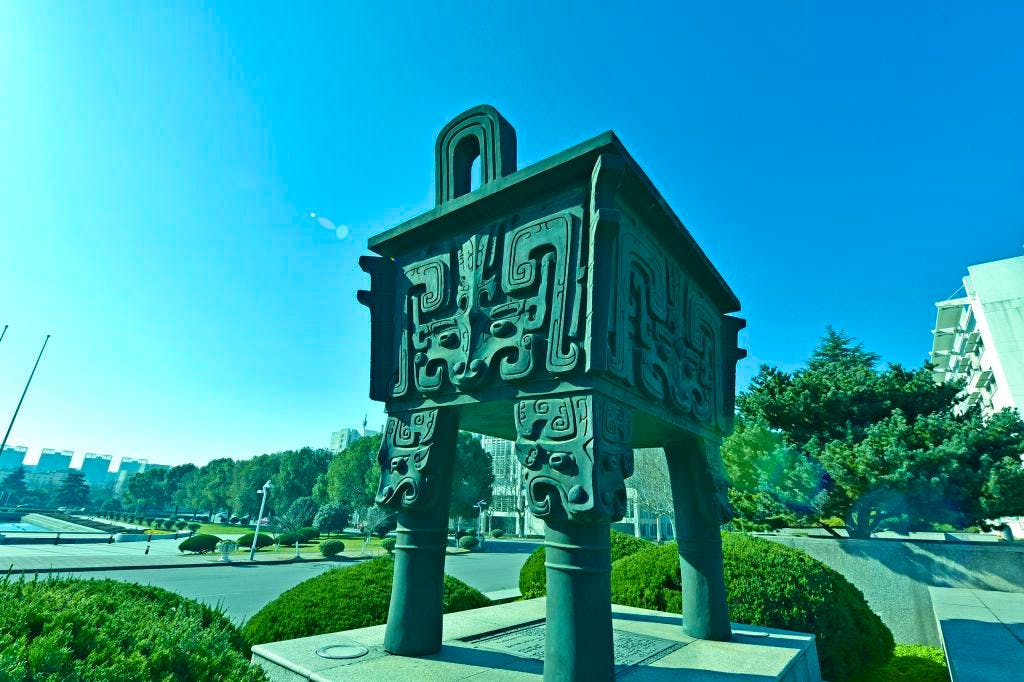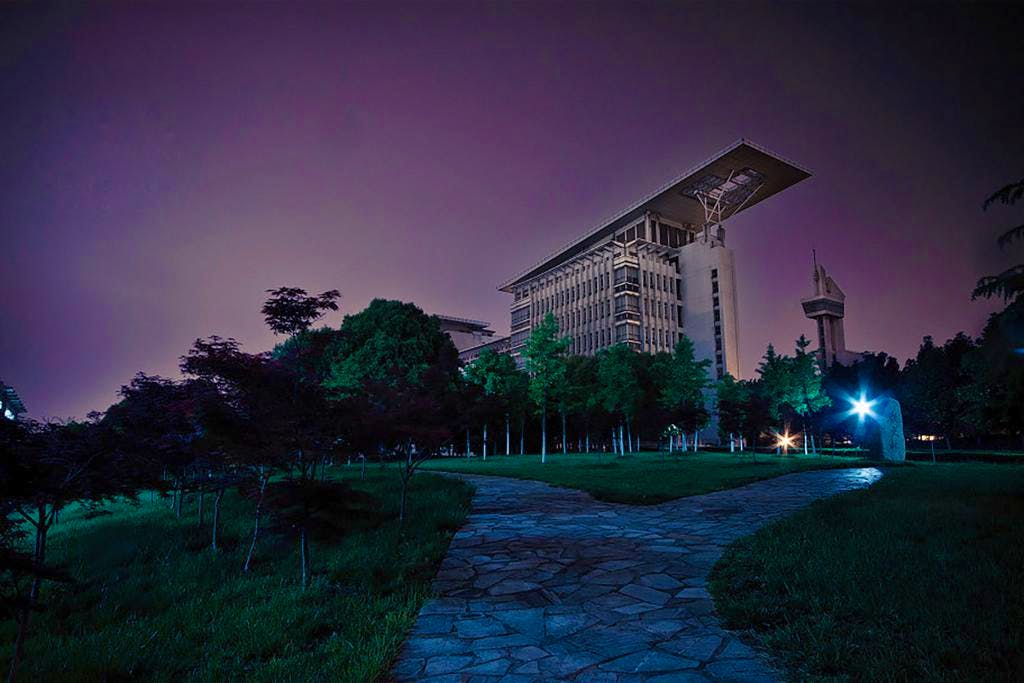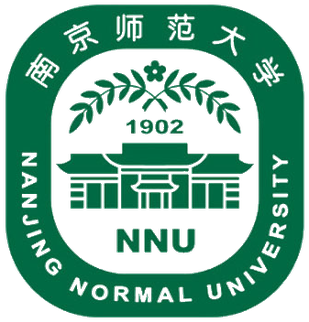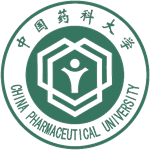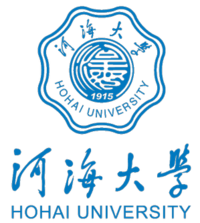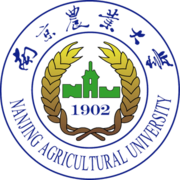About Nanjing Normal University
Located in Nanjing, the ancient capital of six dynasties in Chinese history, Nanjing Normal University (NNU) is one of the provincial key universities of “Project 211” under the supervision of the Ministry of Education and the Jiangsu Provincial Government. Its origin can be traced back to 1902 with the establishment of Sanjiang Normal College, as one of the cradles of China’s higher normal schools. NNU has three campuses: Xianlin Campus, Suiyuan Campus, and Zijin Campus, among which Suiyuan Campus is renowned as “the most beautiful campus of the Orient”. NNU now consists of 26 schools and 2 independent colleges with an enrollment of 16,763 undergraduates, 9,584 graduate students and 1,246 doctoral candidates. It also has 3,213 faculty and staff. The NNU Library has a total collection of around 3.49 million volumes and 106 electronic databases.
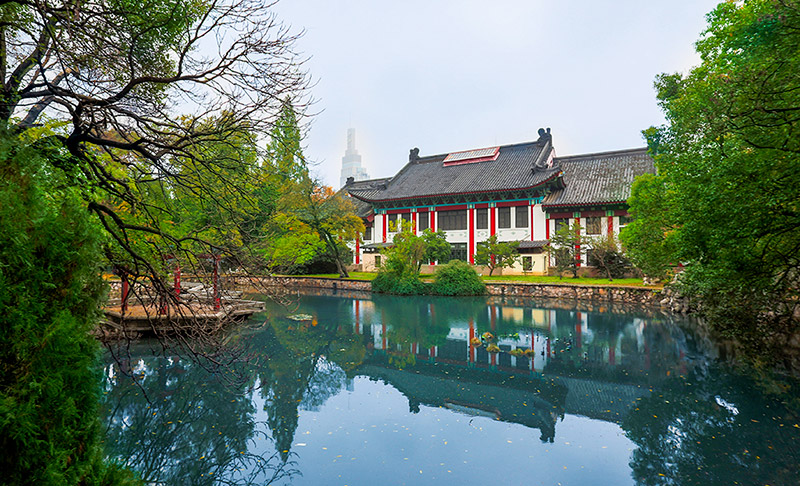
Suiyuan Campus
DISCIPLINES AND SPECIALTIES
At present, NNU has 6 national key disciplines, 3 national key cultivated disciplines, 10 provincial priority disciplines, 5 provincial first-level and national key cultivated disciplines, 23 provincial first-level key disciplines. There are 7 programs ranking among the top ten in China, and 5 programs listed among top 1% of ESI. NNU offers 23 doctoral degree programs of first-level disciplines and other 3 doctoral degree programs of second-level disciplines which are not included above, 37 master’s degree programs of first-level disciplines and 10 master’s degree programs of second-level disciplines which are not included above, 1 professional doctoral degree programs, 18 professional master degree programs, 77 undergraduate’s programs and 22 post-doctoral research centers. It offers a diverse curriculum including such subjects as philosophy, economics, law, education, humanities, history, science, engineering, agriculture, medicine, management, arts, etc.

Xianlin Campus
SCIENCE AND RESEARCH
In recent years, NNU has achieved 15 Major Projects from the National Social Science Fund, 4 Key Projects of Philosophy and Social Sciences Research from the Ministry of Education, 2 Support Projects of National Science and Technology, 4 Major Projects of National Sciences Research, 1 project funded by “Program 863”, 14 Key Projects from the National Natural Science Fund. In addition, it has 6 research papers published in the Journal of Science and the Journal of Nature with NNU faculty members as the first authors, and won a Second Prize of National Natural Science Award (ranked first). It also has won 6 First Prizes of Humanities and Social Sciences and 3 First Prizes of Natural Sciences in College Outstanding Research Achievement Awards from the Ministry of Education (ranked first), with 10 monographs selected into the Achievements Library of the National Social Sciences Fund. Supported by its priority disciplines and major research institutes, NNU has established a number of platforms for fruitful production-study-research cooperation, promoting the transformation of scientific and technological achievements and the development of cultural innovation industries. A number of featured fields of production-study-research cooperation have been built to encourage teachers to do research on application strategies and play the role of a brain trust.
INTERNATIONAL EXCHANGE AND COOPERATION
NNU is one of the first group of universities to open up to the outside world in China, boasting a model base authorized by the Ministry of Education for foreign students’ education and base for teaching Chinese to foreigners, one of the first bases for Chinese language education and preschool education for students from China’s Hong Kong, Macau and Taiwan regions. In addition, it has several international research and teaching organizations like UNESCO International Rural Education Research and Training Center (INRULED) Nanjing Base, French Culture Research Center and Alliance (Française de Nanjing) and the Italian Culture Research Center. NNU has established 3 Confucius Institutes at North Carolina State University, Pace University and France’s Alsace Region. It has developed joint programs with 13 overseas universities and launched study abroad programs with 49 universities. Apart from that, NNU has established intercollegiate exchange relationships with 192 universities from 33 countries and regions all over the world. NNU has employed more than 400 foreign experts, 56 of whom are long-term ones, and it also has received more than 1,600 foreign students annually from 133 countries and regions. (Updated on March 12, 2017)
Show less
